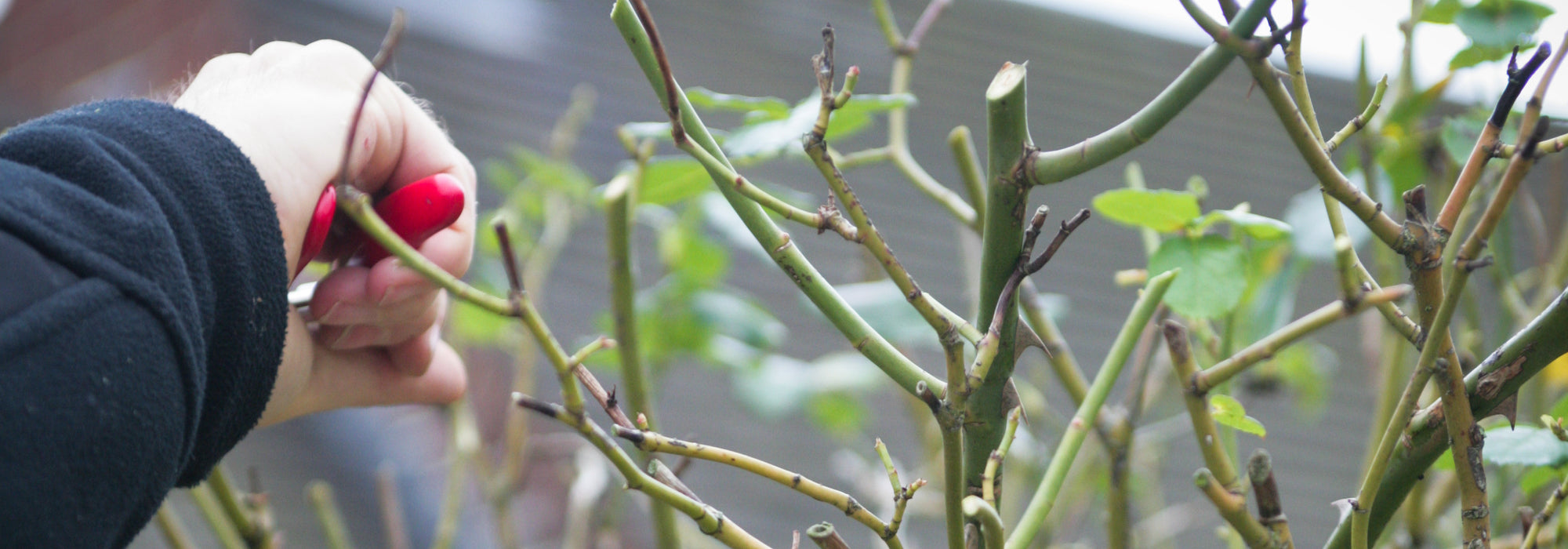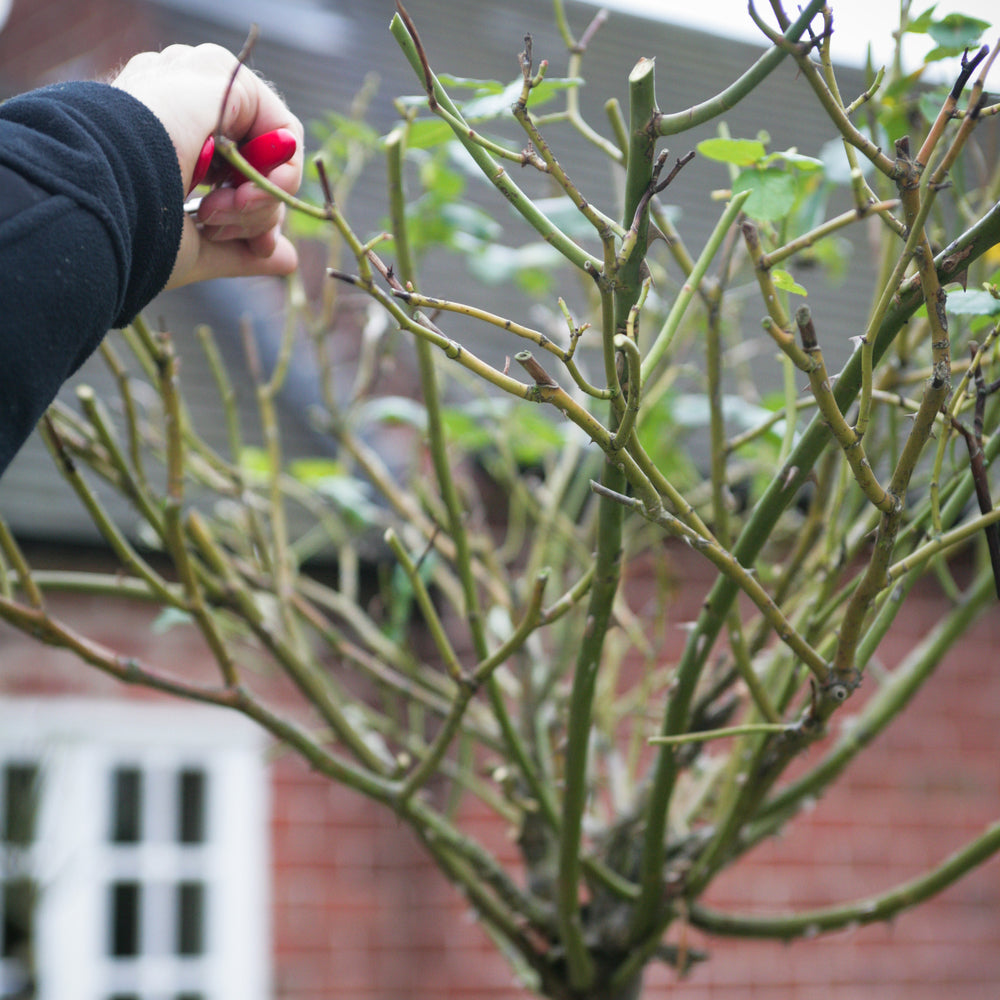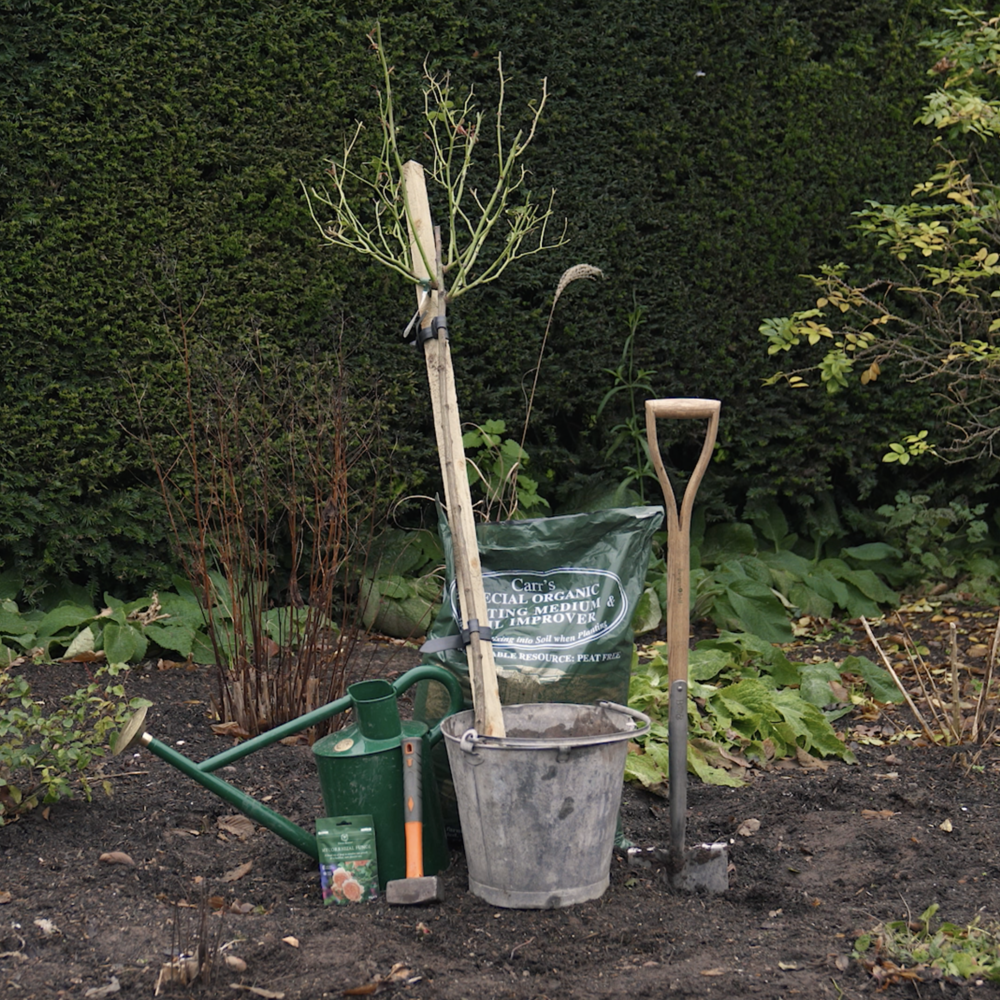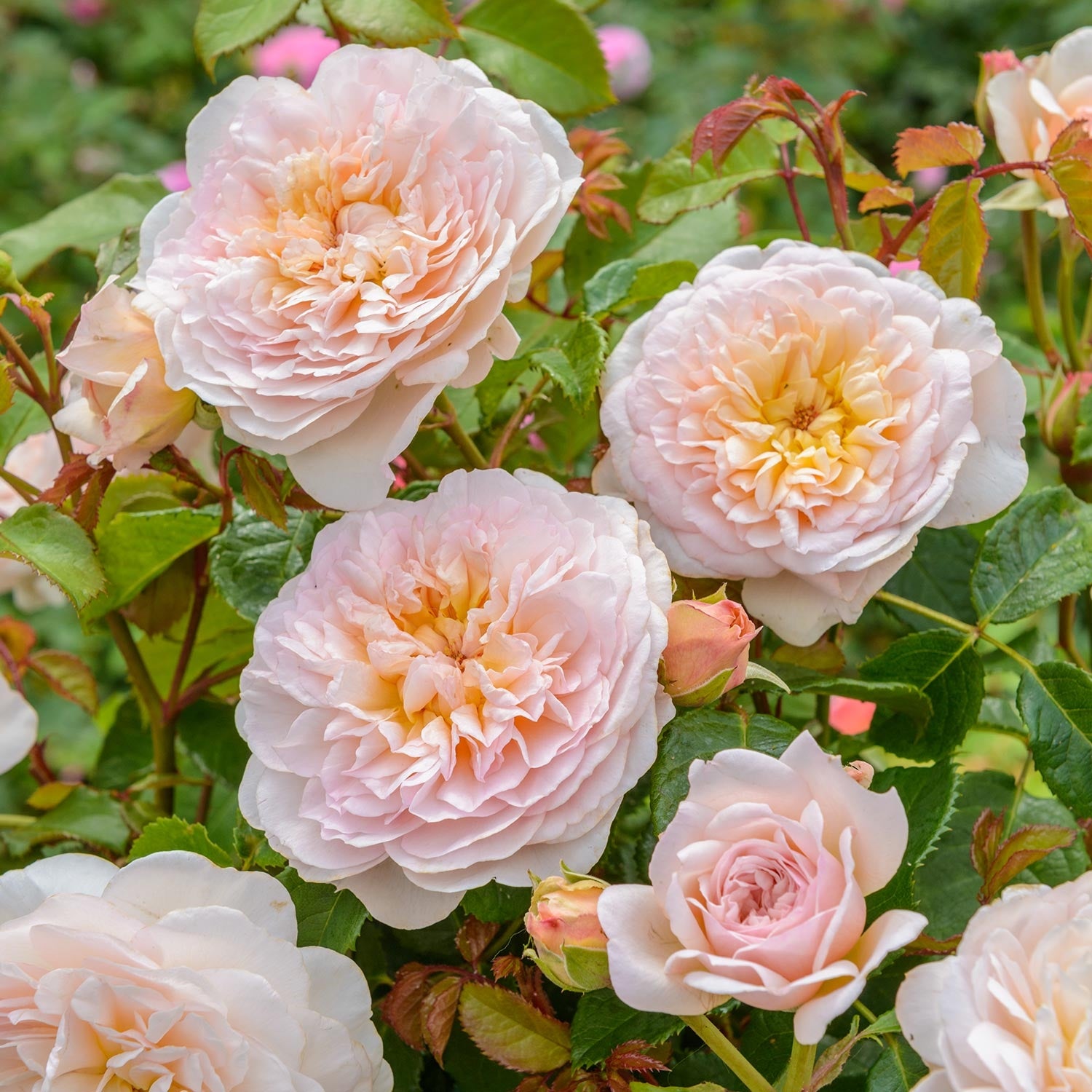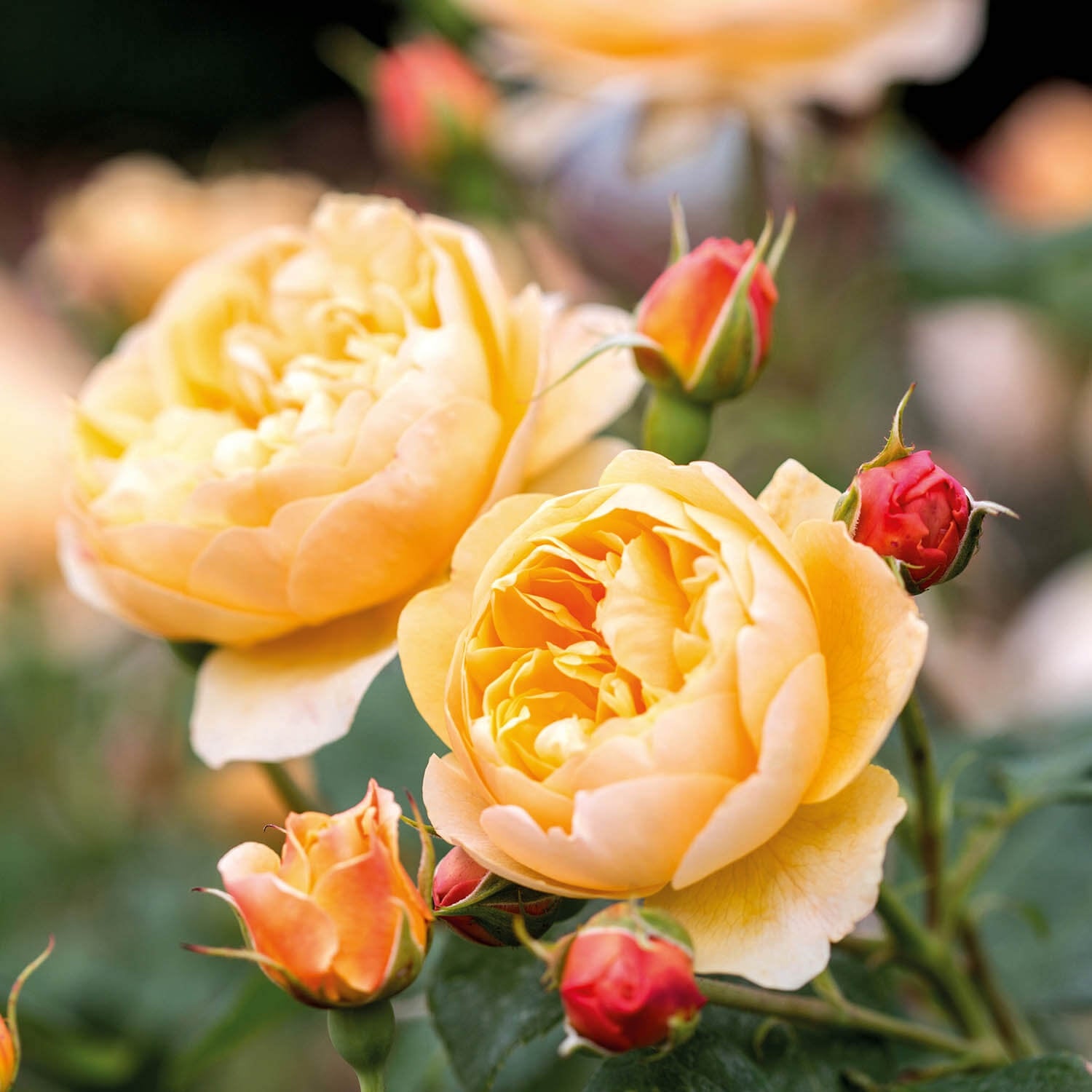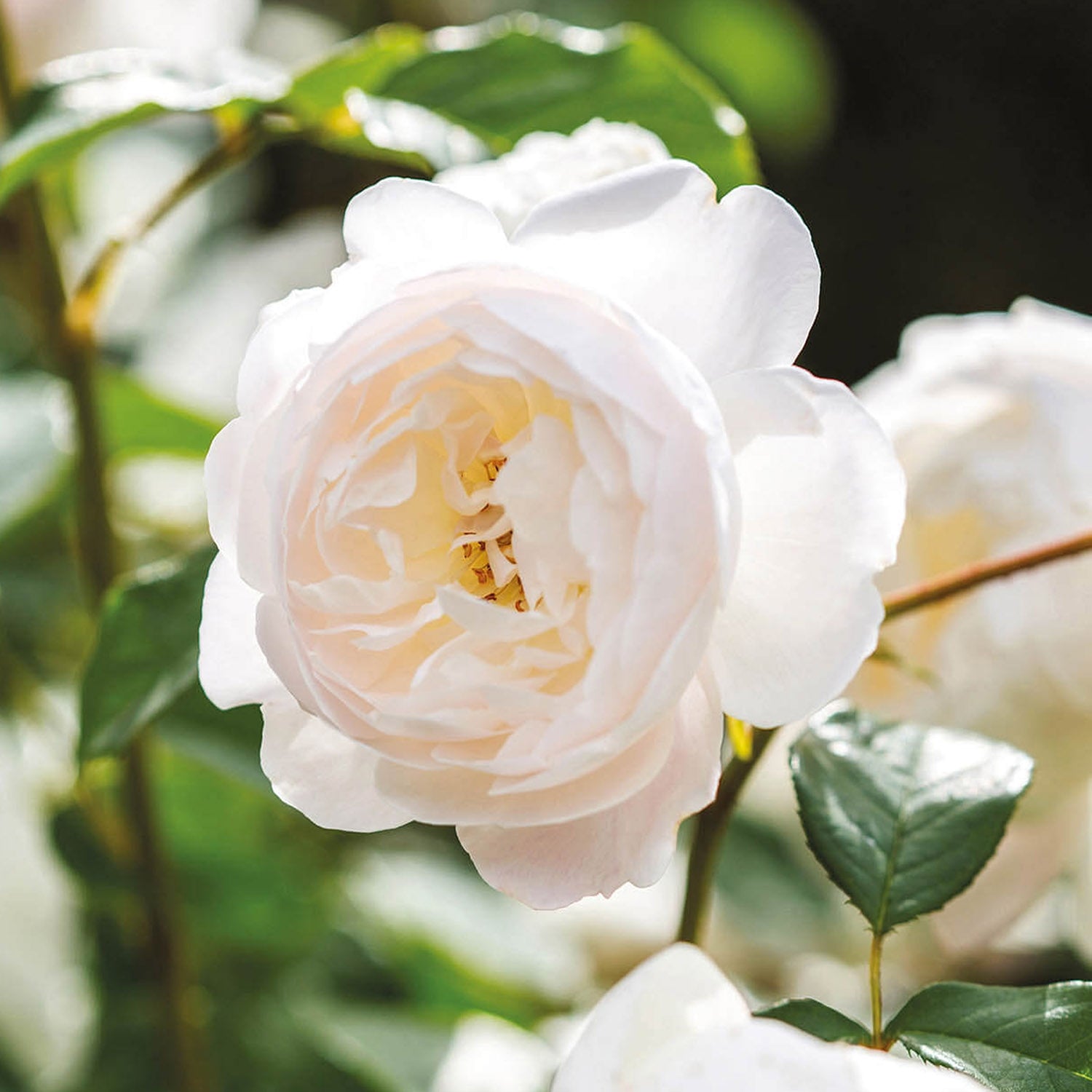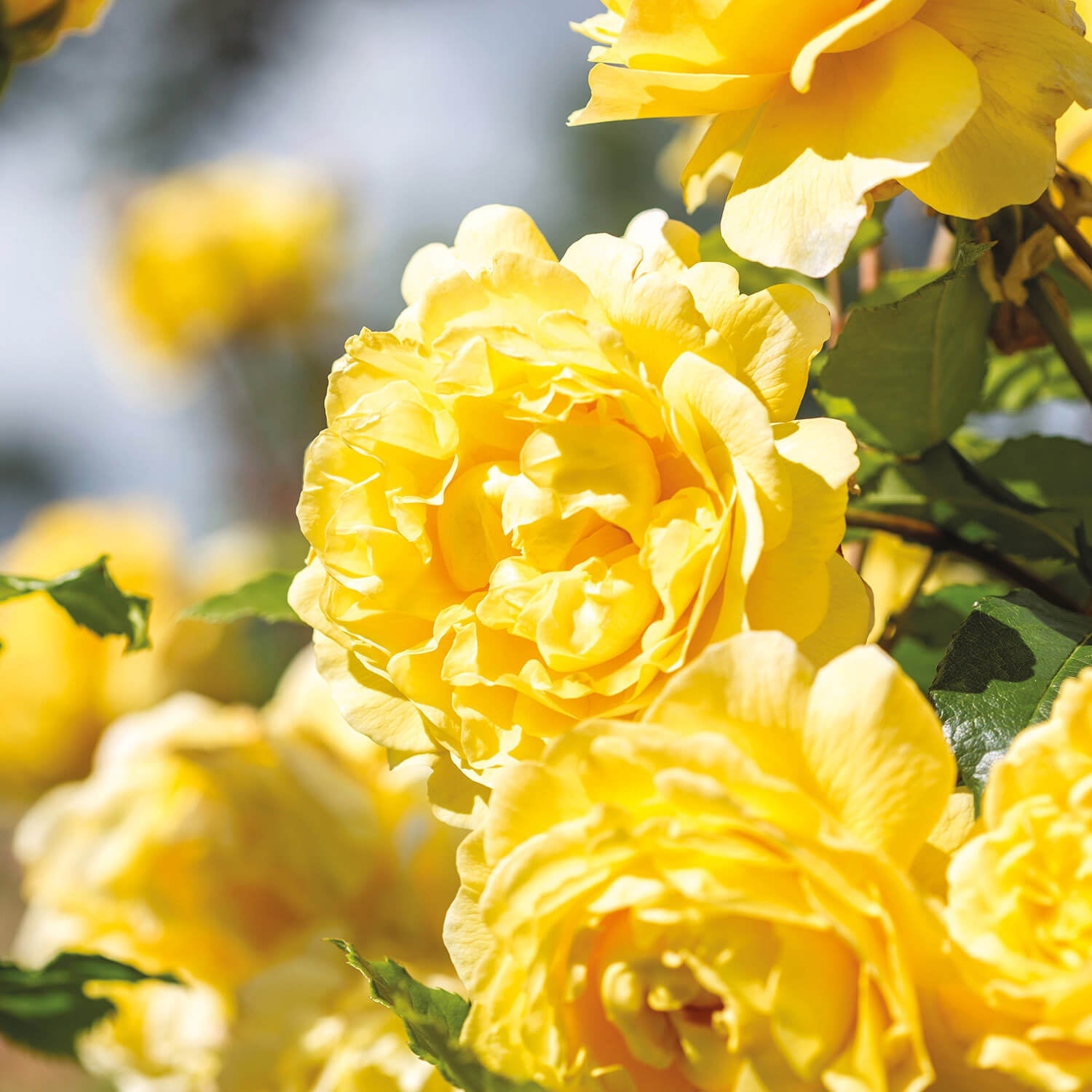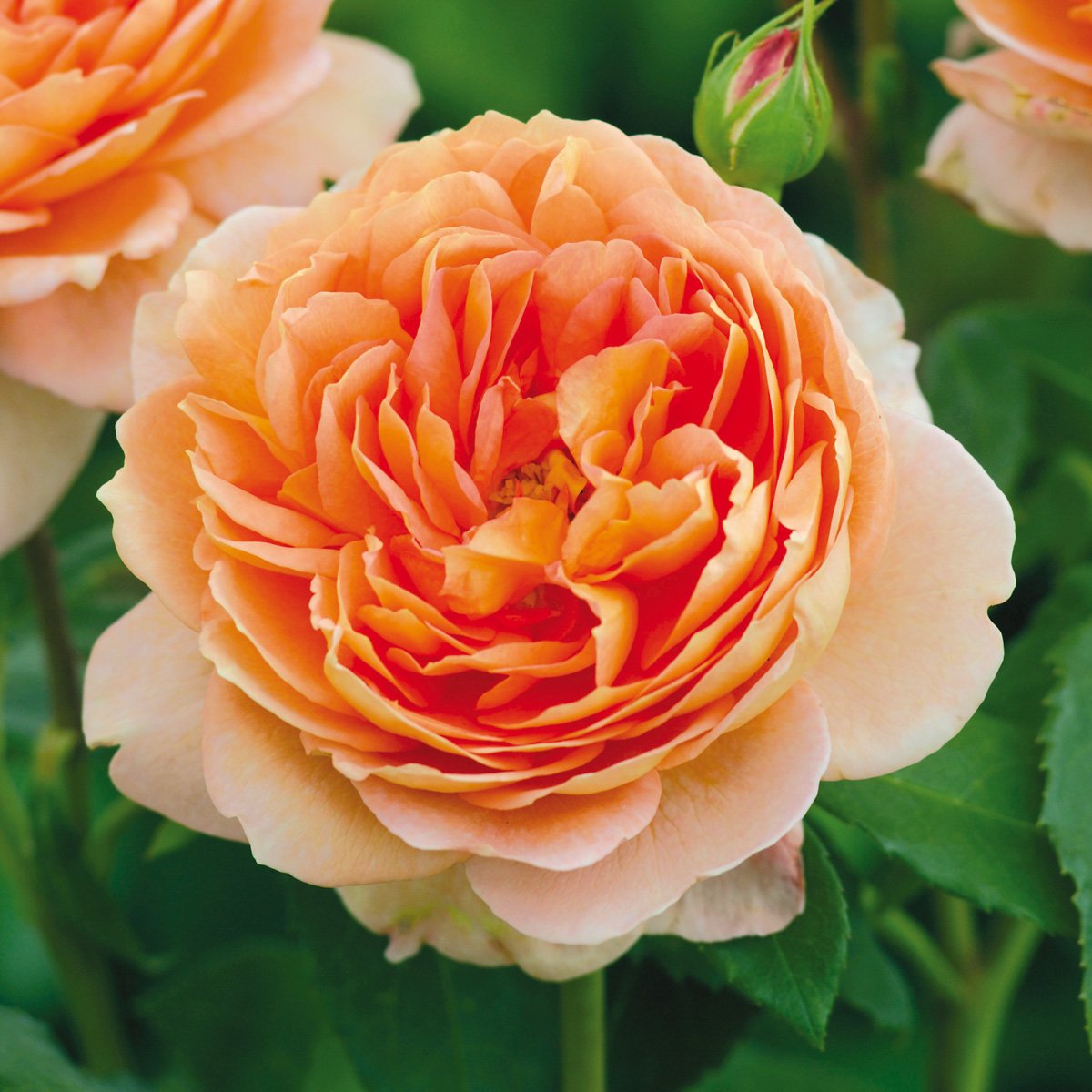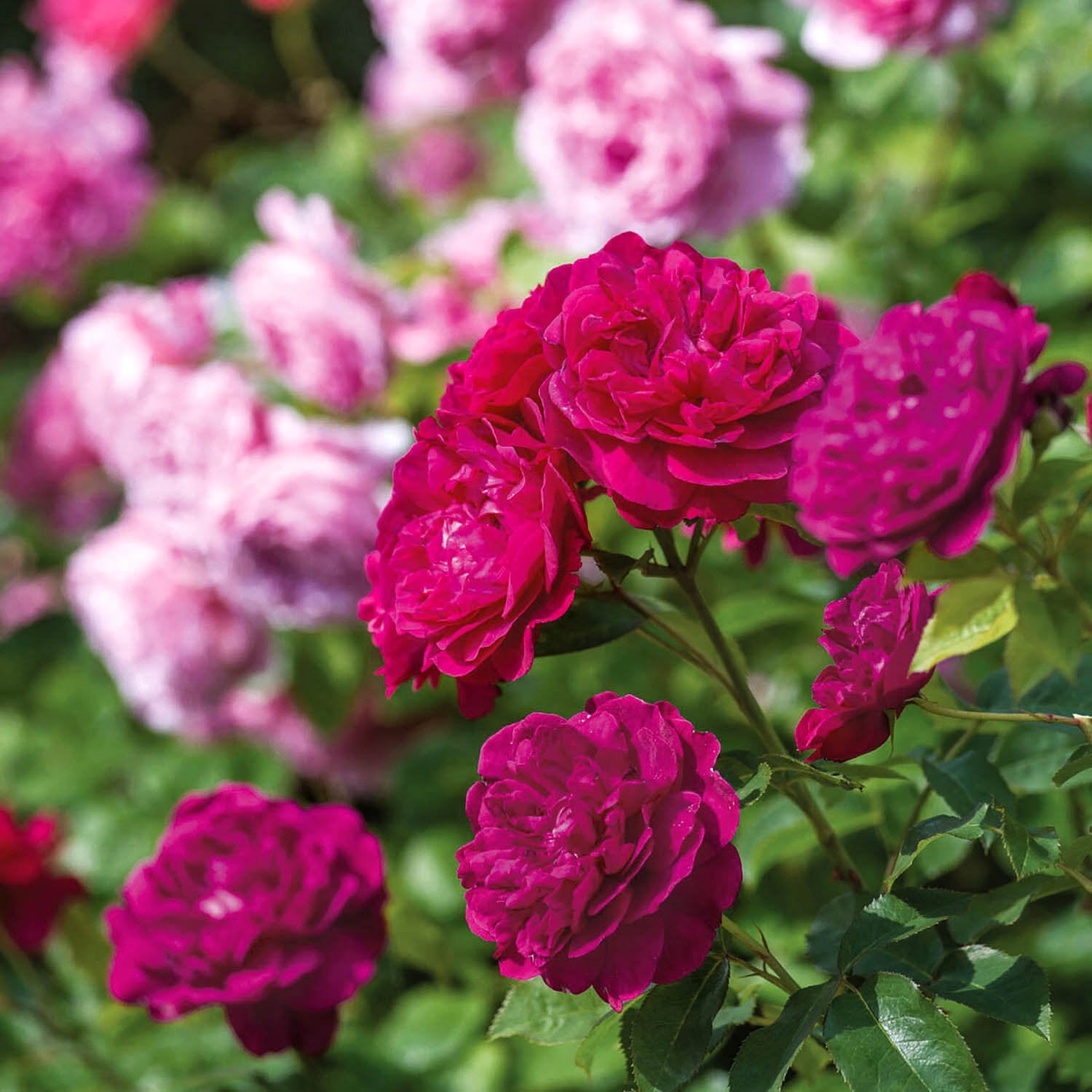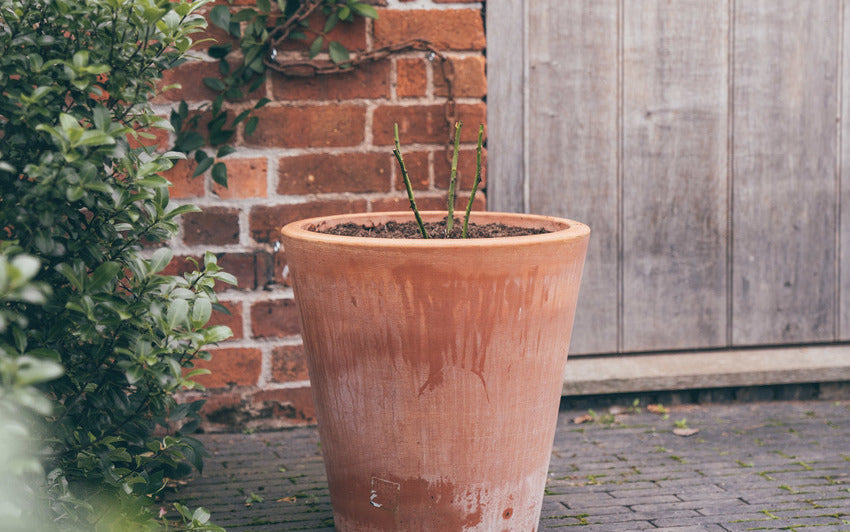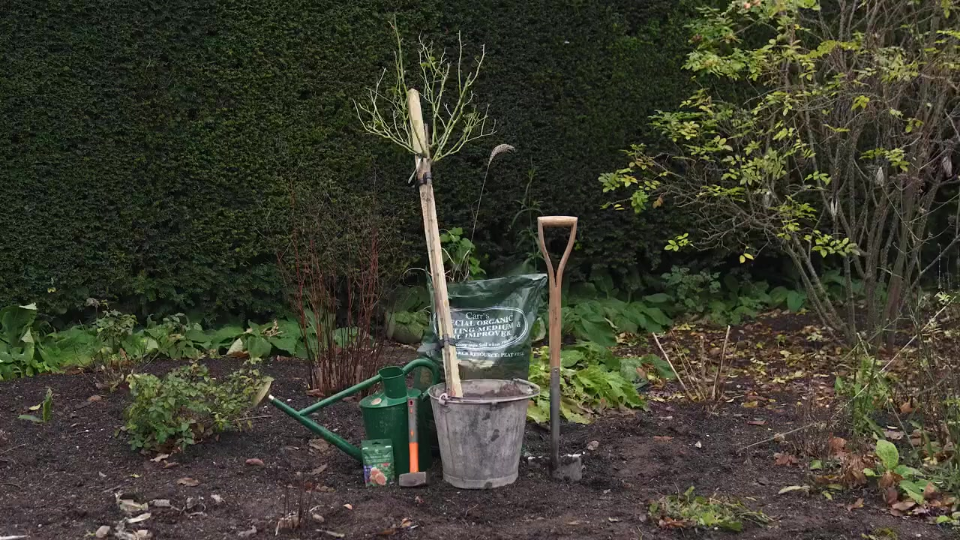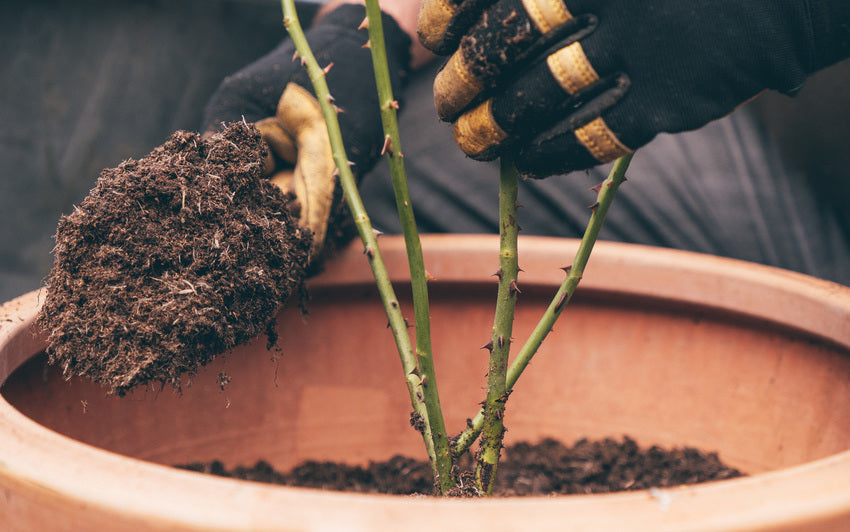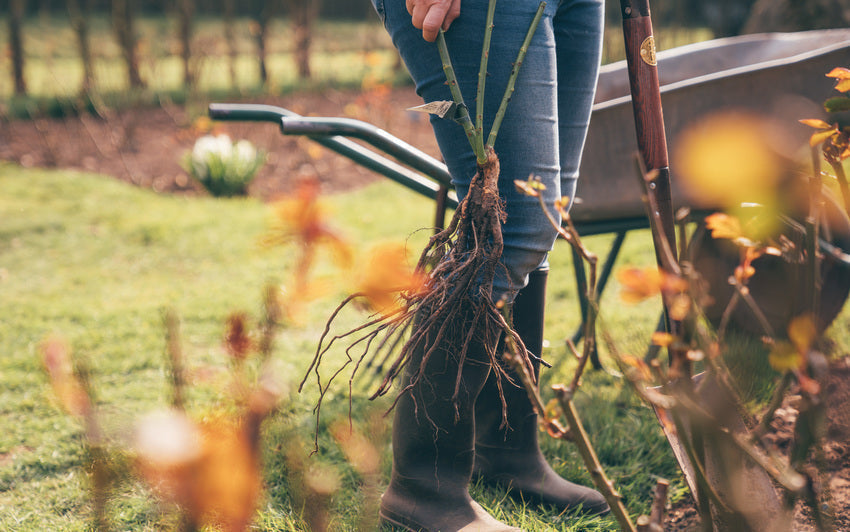How to Prune Standard Roses
Standard roses bring a touch of elegance to any garden, their blooms held aloft like a bouquet upon a slender stem. Pruning them correctly helps maintain this graceful shape, encourages healthy growth, and ensures an abundance of flowers year after year.
Before you begin, take a moment to identify what kind of rose has been grafted onto the top. Is it a repeat-flowering shrub, a once-flowering rambler, or perhaps a Hybrid Tea or Floribunda? Each has its own pruning requirements, so consult the advice specific to that type.
Pruning is best carried out in January or February, while the rose is dormant and before new growth begins.
If you haven’t already, lightly shorten the head before winter to prevent wind rock, which can loosen the plant in its soil. This small step helps protect the roots and keeps the stem secure.
Step 1:
Thin out crowded stems to improve air circulation and reduce the risk of disease.
Step 2:
Shape the head to a pleasing, rounded form, pruning slightly shorter around the sides and leaving a little more height in the centre.
Step 3:
Tidy after flowering in summer by lightly shaping to maintain form and encourage repeat blooms.
Step 4:
Prune to guide growth, cutting just above a bud facing the direction you wish the new shoot to grow. This helps fill gaps and correct any unevenness.
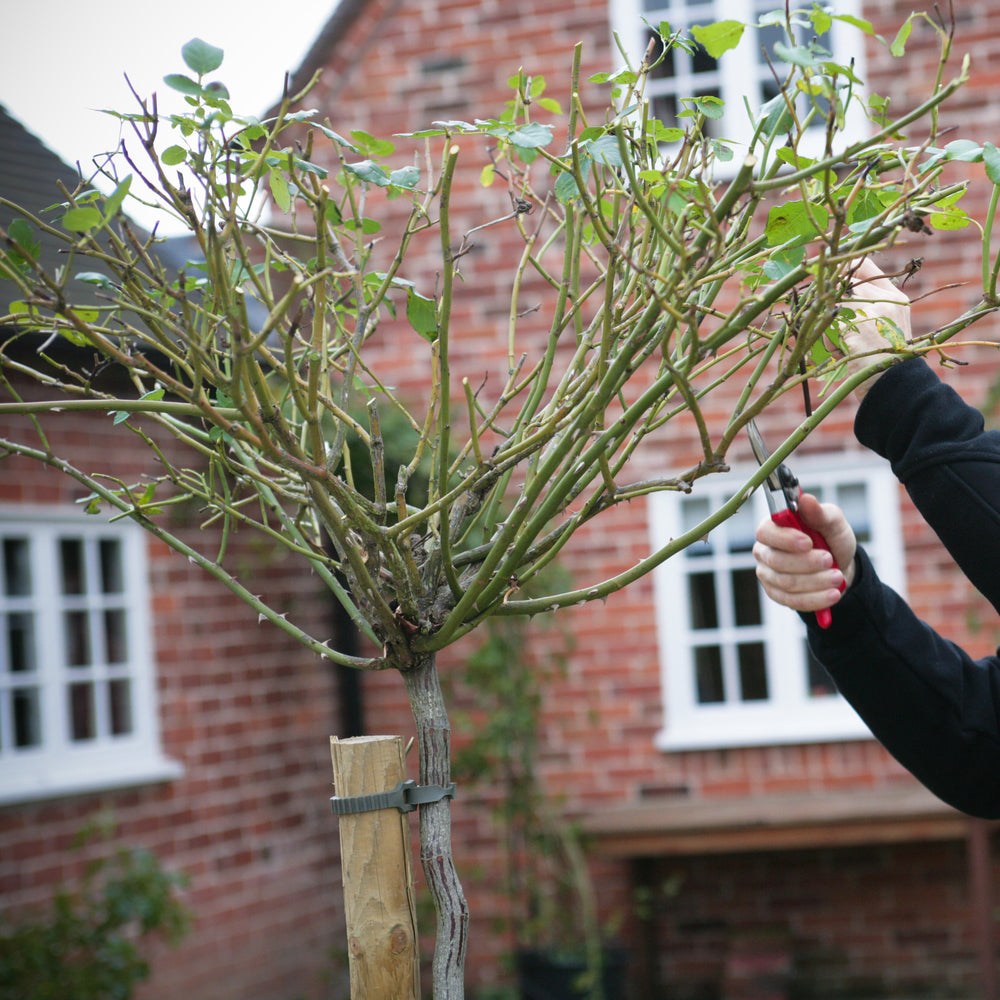
Removing Unwanted Shoots
Handled with care and a touch of artistry, pruning transforms a standard rose into something truly elegant. The result is a balanced canopy of bloom and fragrance, poised like a bouquet held aloft. It is a quiet act of attention that rewards patience with beauty year after year.
The Reward
Handled with care and a touch of artistry, pruning transforms a standard rose into something truly elegant. The result is a balanced canopy of bloom and fragrance, poised like a bouquet held aloft. It is a quiet act of attention that rewards patience with beauty year after year.
For More Information
If you would like to learn more about how to plant and care for standard roses, including tips on positioning, staking and aftercare, please visit our guide:









